Journaling Part 2
This is Part 2 of a 3-Part Journaling Series. Read Part 1.
Journals Reflect Who We Are And Help Shape Our Realities
What we write speaks volumes about who we are and our states of mind. Our words can also impact how we perceive the world and how we will feel in it.
Research finds that we express our personalities through our language. I see this frequently with my athletes: our resilience to stress and setbacks are revealed in the language we use:
Resilient athletes are likely to use motion- and action-related terms, such as done, doing, do, working, and make. These are words that are often used in the context of describing desired outcomes and intentions.
The athletes struggling to reach their next level in performance fill their journals with emotional expressions: their happiness over recognition & results: frustration over missing out on outcomes or lack thereof in recognition, adoration, peer approval.
The research goes even further: expressive, colorful writing–what I call the how–can have a healing impact: Medical patients report a decrease in their symptoms when they write about their stresses, especially when their writing turns to a fresh perspective or a new angle on their challenges. Our language expresses our realities, but can also help to shape fresh realities. Our language can be an important link between mind and body.
There is plenty of research supporting that keeping a gratitude journal–writing down the things in life we are grateful for–brings a number of positive benefits, including increased well-being and reduced physical symptoms of illness. It supports that writing focused on the ‘depth of emotional experience’ connects us in a deeper way to those experiences, as writing connects that wiring similar to meditation and dreamtime.
These findings also help to explain how the writing is unhelpful in many athletes’ journals that I have read. Most often, these athletes turn to their journals when they are struggling, and fill their pages with descriptions of what went wrong. If journals not only express our realities, but also help shape them, such problem-focused writing eventually helps solidify an internal sense of being troubled. Alternatively, when I have directed athletes to keep their writing focused on solutions, describing not only what they did well, how they did things well, and how they could learn from their successes, the athletes were: a) more likely to sustain journaling and b) more likely to find writing to be empowering and helpful.
Journals make our self-talk concrete. They are ways of creating structure in the conversations we have with ourselves. Properly executed, journals become psychological mirrors, showing us who we are and what we are capable of becoming.
Journals Enhance Learning And Development
Over the years I have witnessed the journaling practices of quite successful athletes, as well as those who felt they never achieved their potential. What I found was that the journals of those who struggled served reporting and venting functions. These athletes used their journals as a reporting function on training of the day or week.
Conversely, the journals of the most successful athletes served a learning function. These journal entries specifically analyzed what had happened in the recent past, but then went further to frame goals for going forward. It struck me that these successful journals had actually become platforms for deliberate practice: evaluating the training or phase, making corrective adaptations, and re-evaluating performance after those training bouts, efforts, results, experiences.
From this observation, I developed a journal format that has proven helpful across a variety of performance situations. The journal requires six focused entries:
What one thing did I do best this week and how did I do it?
What one thing did I do worst this week and what led me to do it?
What specifically will I do next week to continue doing what I did best?
What specifically will I do next week to improve what I did worst?
How well did I achieve my "continue my best" goal last week and what do I need to do this week to continue or improve upon that progress?
How well did I achieve my "improve my worst" goal last week and what do I need to do this week to continue or iimprove upon that progress?
Note here the combination of learning from strengths and shortcomings, as well as the focus on turning self-evaluations into actionable goals. The effective journal not only captures what has happened, but connects it to the present and future by framing relevant goals.
This is Part 2 of a 3-Part Journaling Series. Read Part 1.

